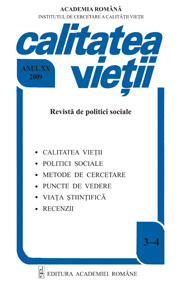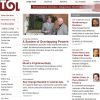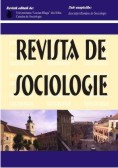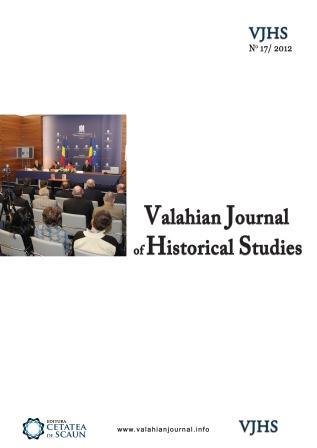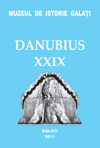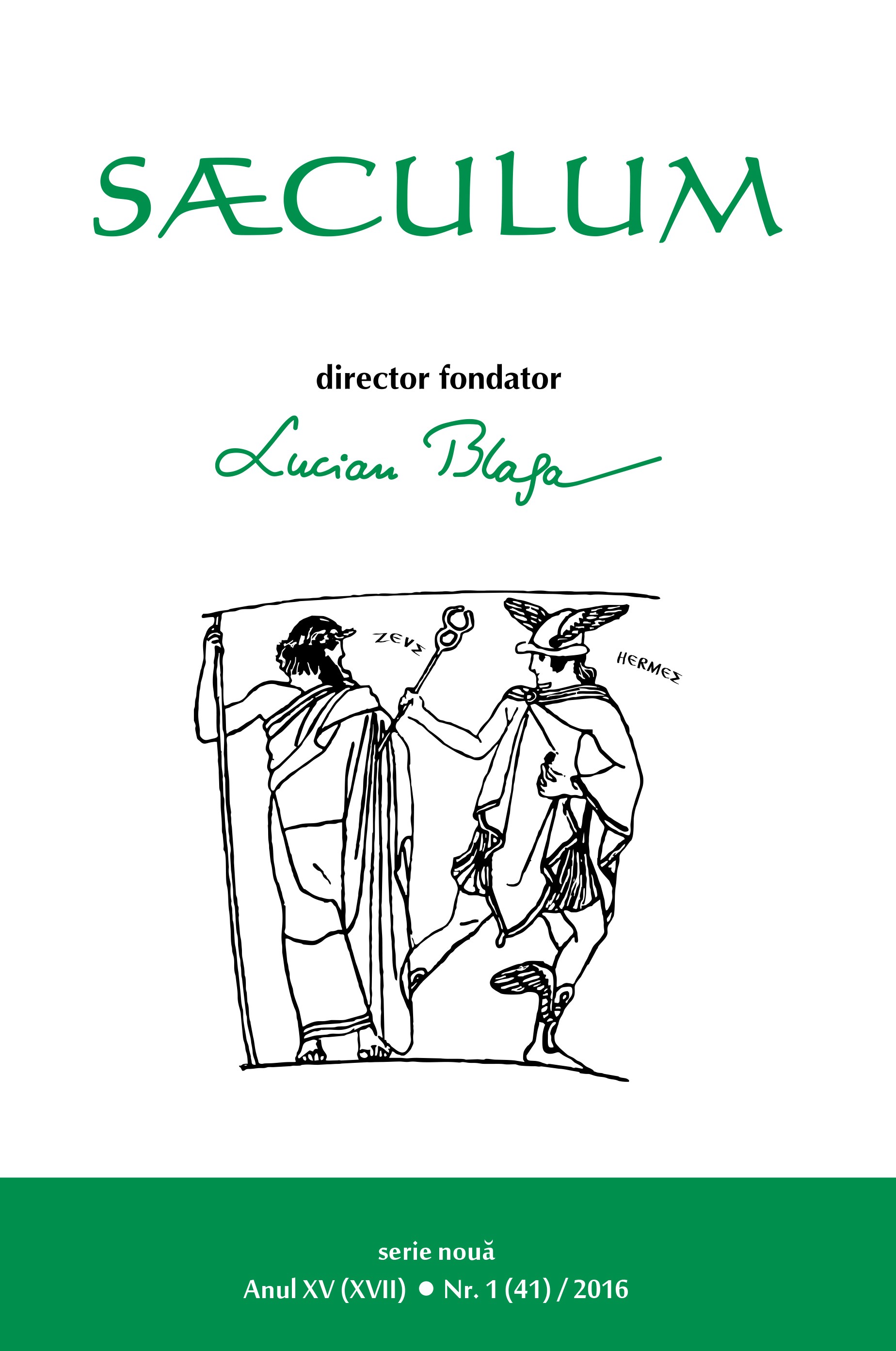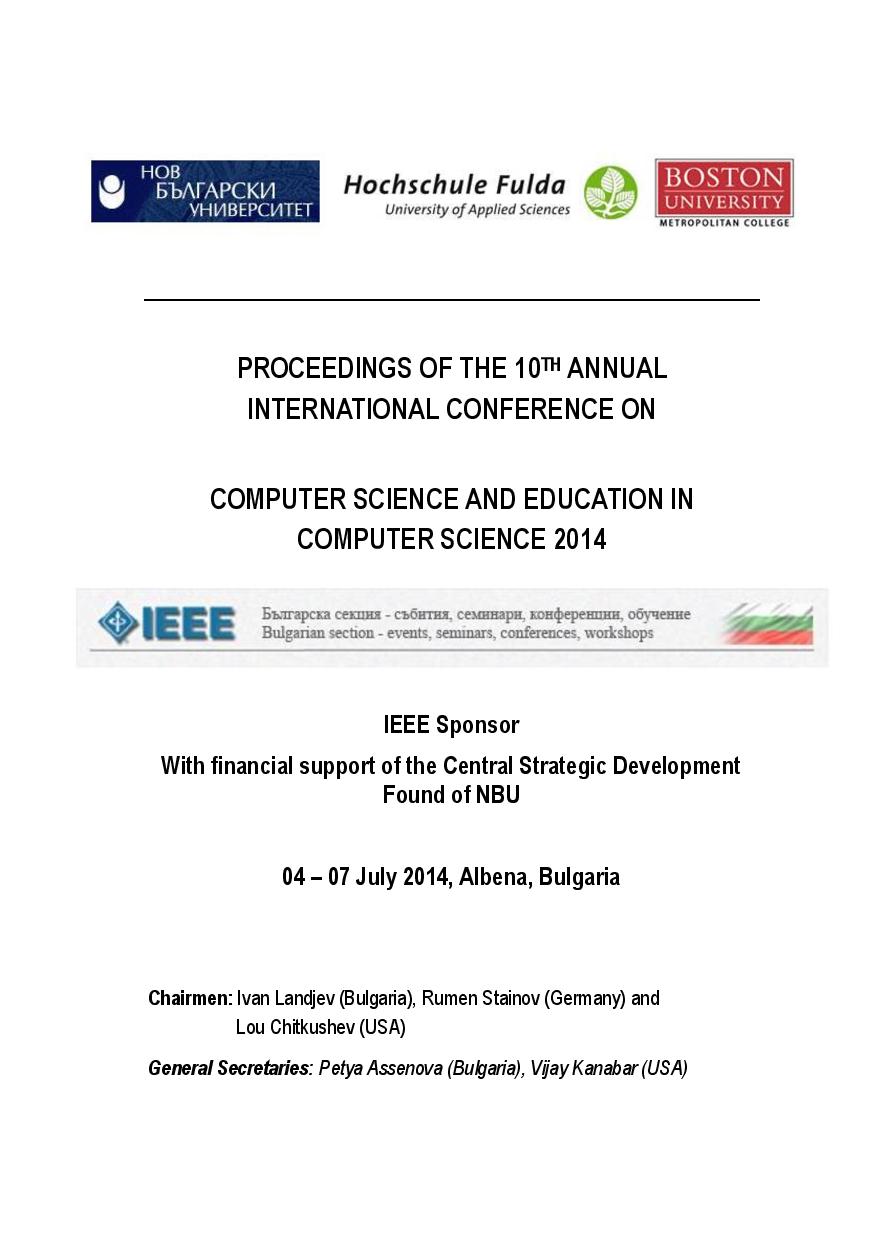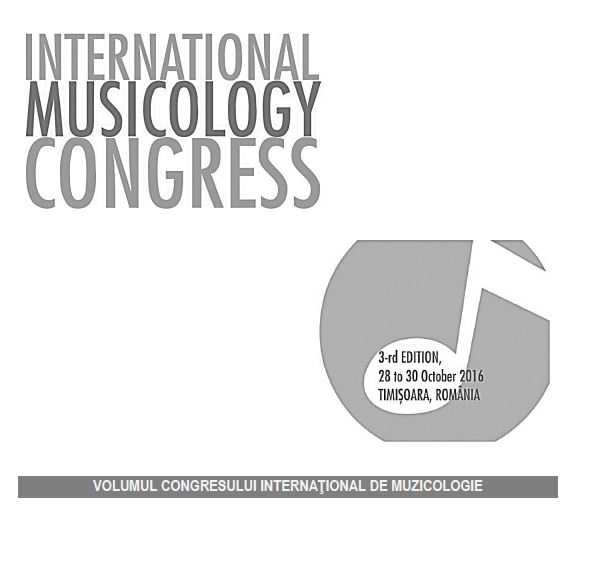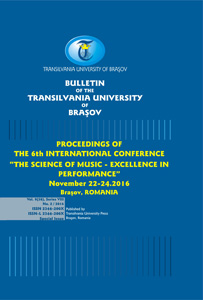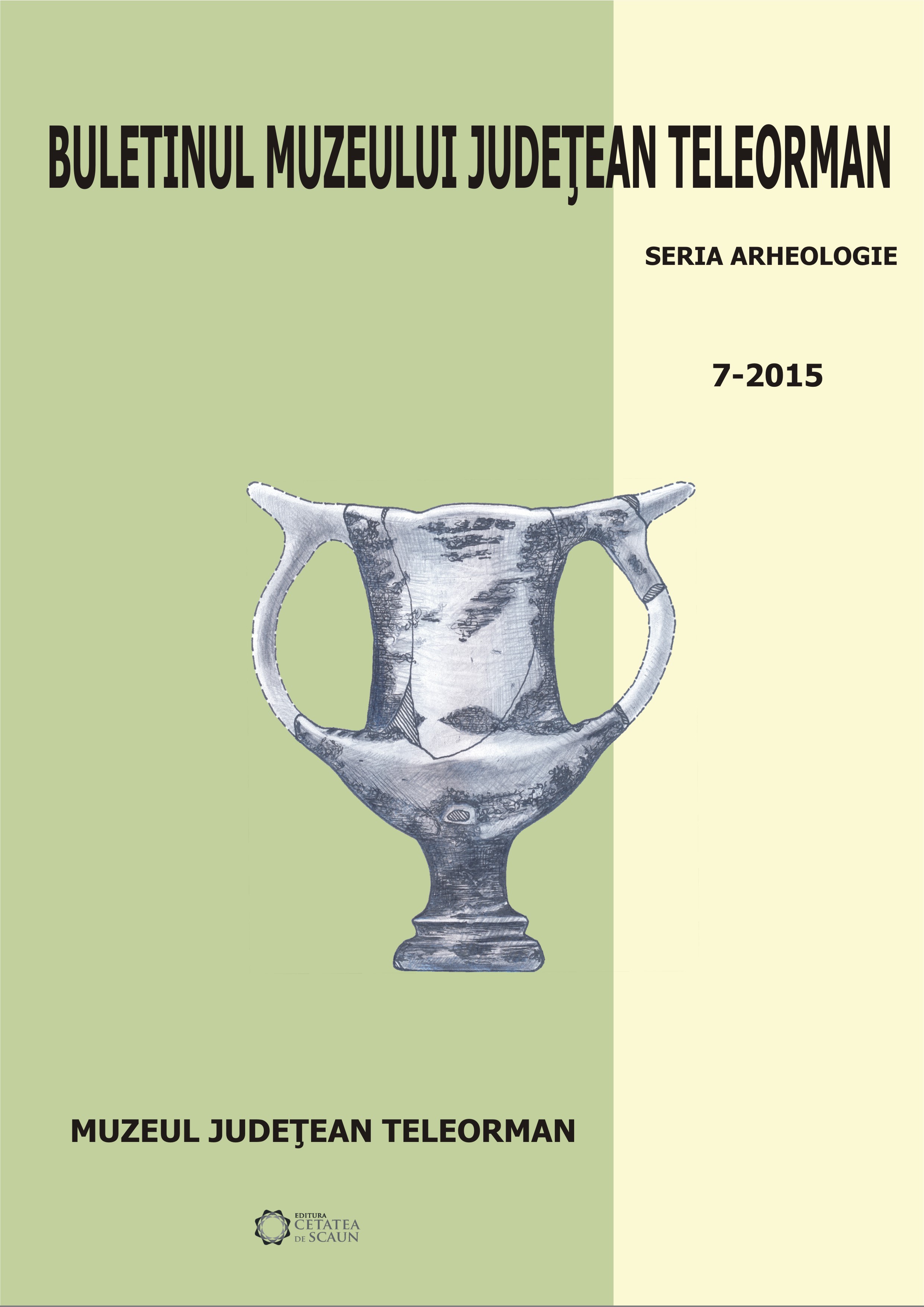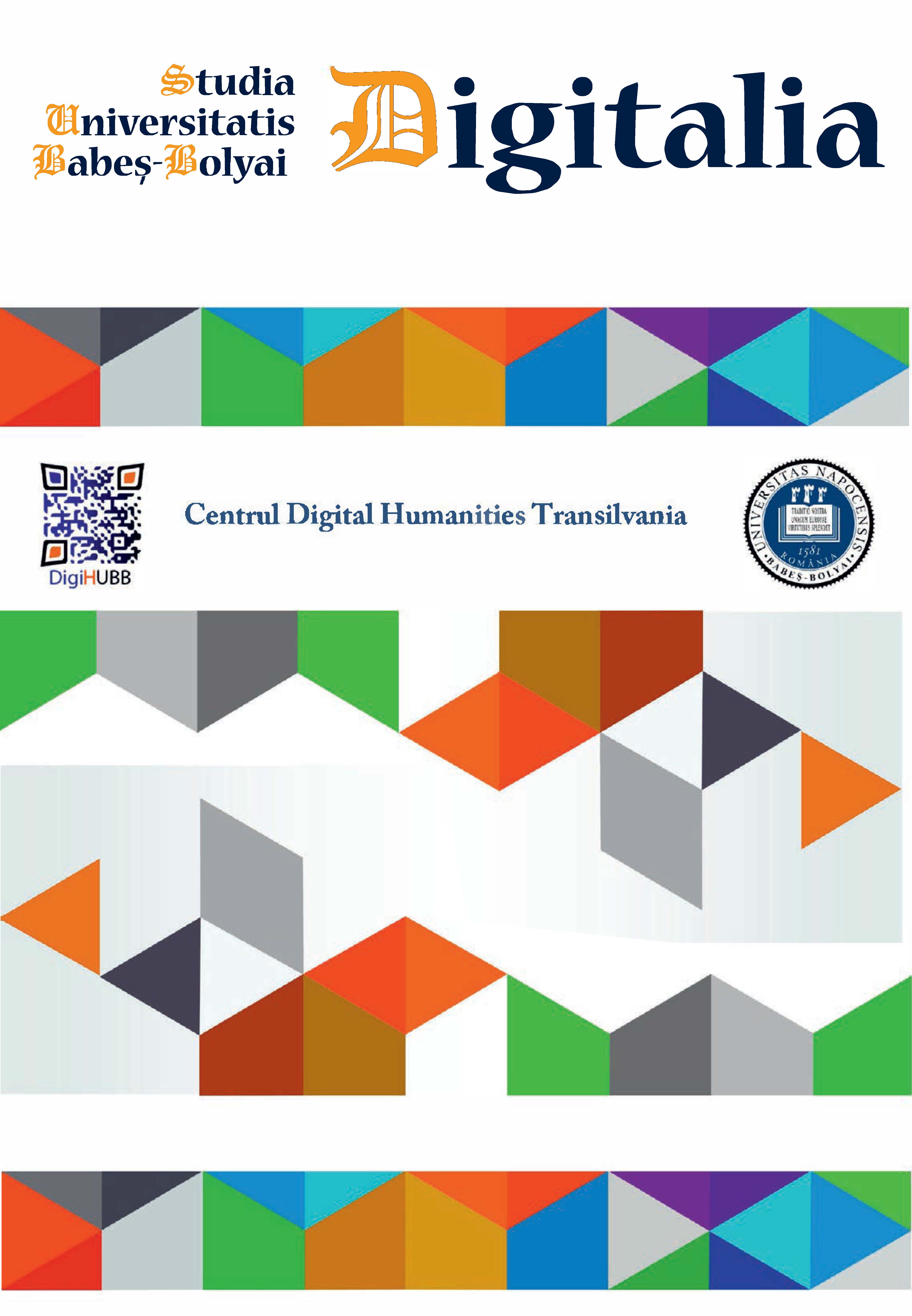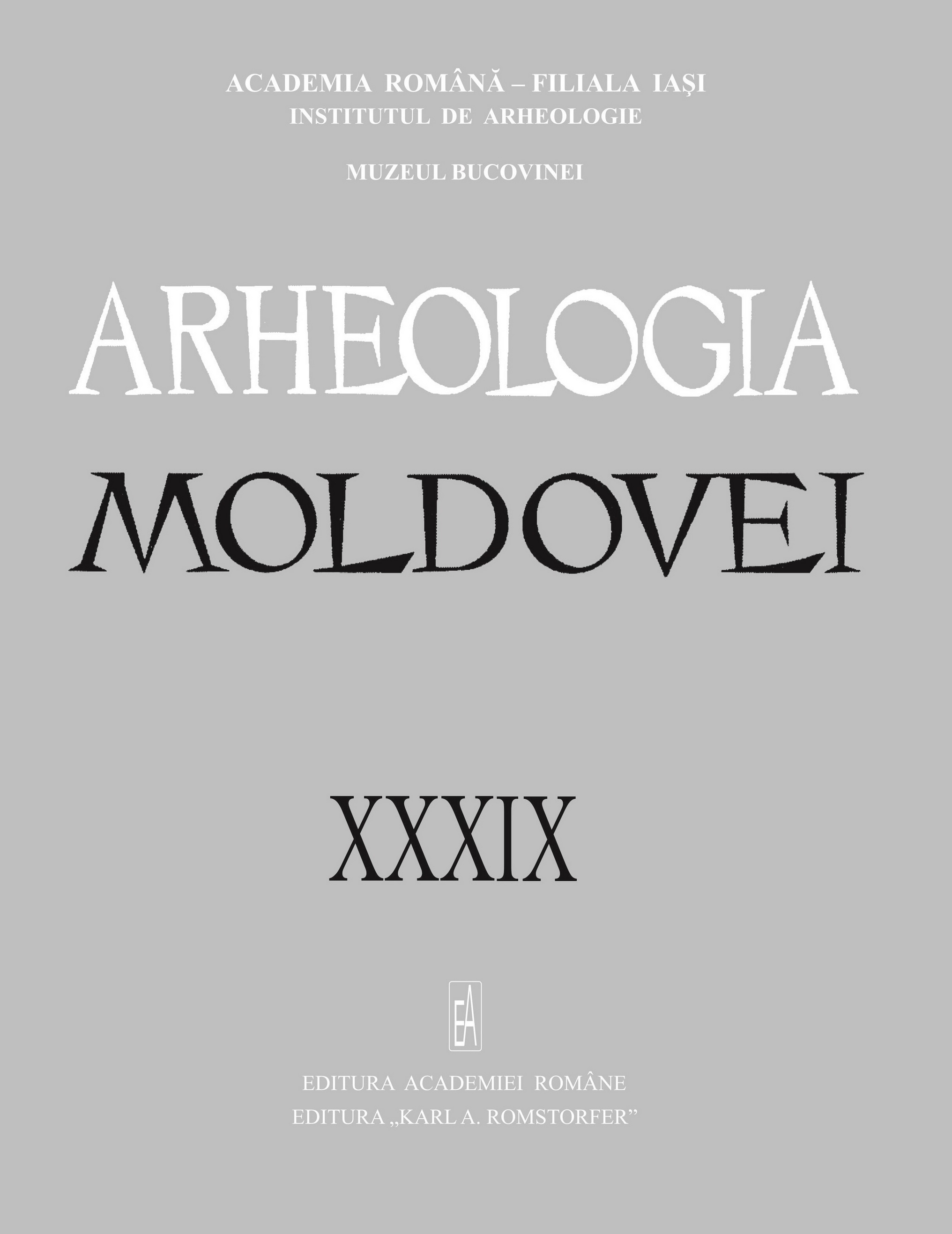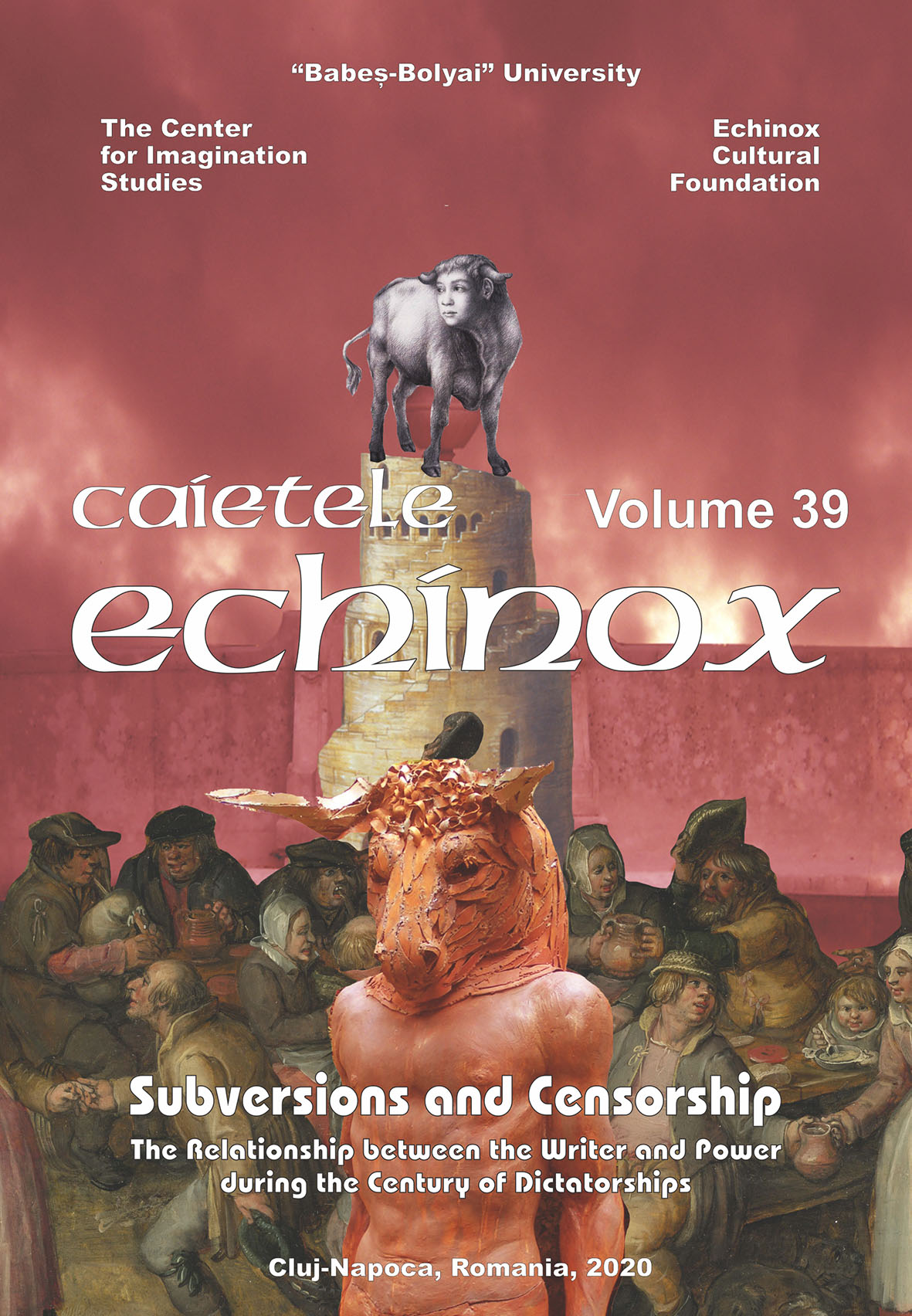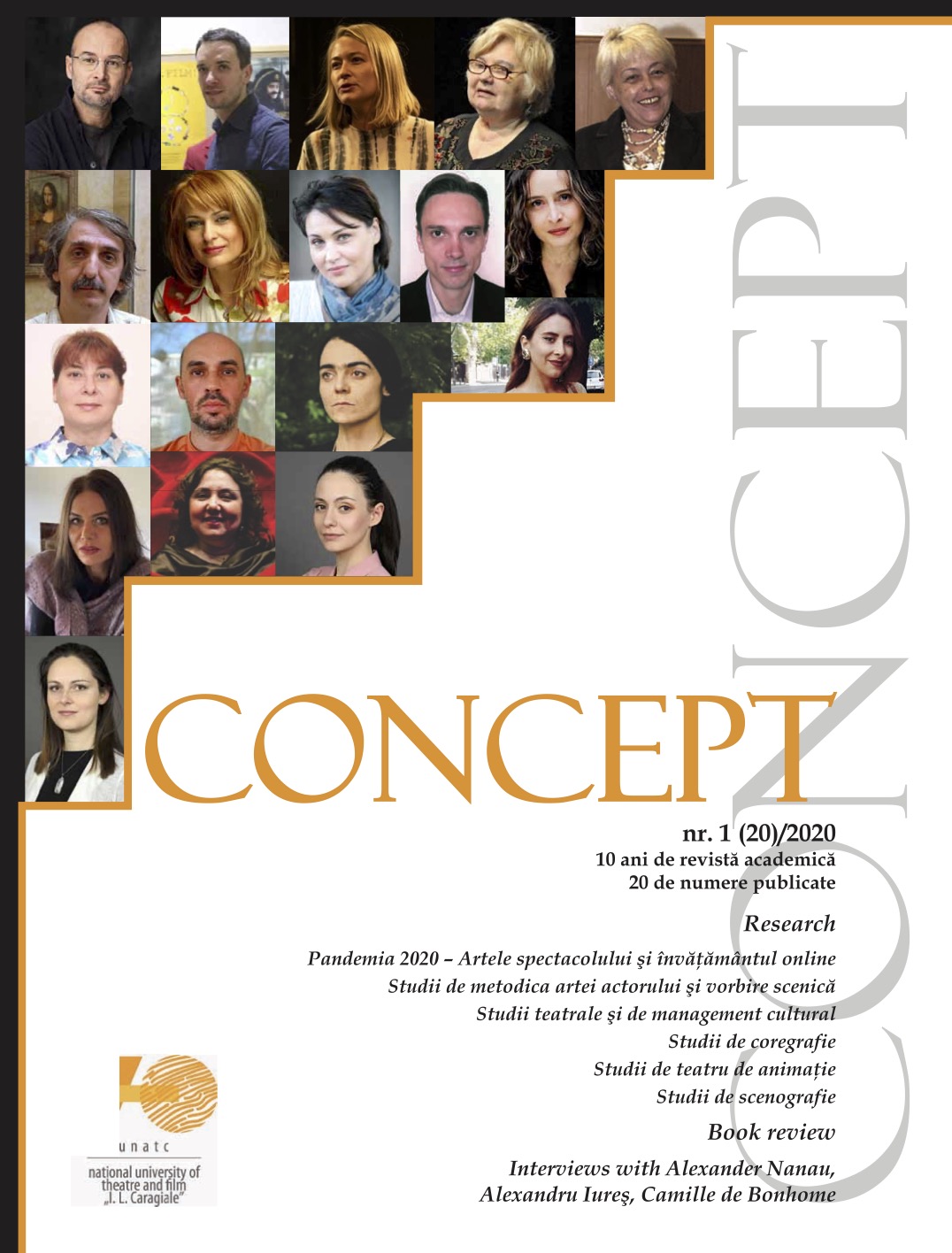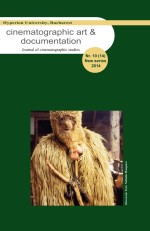
Fundamental Aesthetic Principles in the Romanian Short Film Music
Fundamental Aesthetic Principles in the Romanian Short Film Music
Keywords: film music; polyphonic; contrapuntal variations; Romanian film
With its emergence, in the silent era, film appealed to music for reasons that today often make us smile. At first, the newborn creation borrowed heavily from universal music in a random manner. Soon, however, even the original music becomes necessary for the silent film, as a consequence of the need for a stronger adequacy of its filmic discourse. Adequacy that has many aesthetic aspects. With the advent of sound and the crystallization of the new requirements underlying film production, film music adopts, after a long practice, a number of fundamental aesthetic principles that govern its work even today. This paper aims to review and theorize these principles applied to Romanian short film music.
More...
